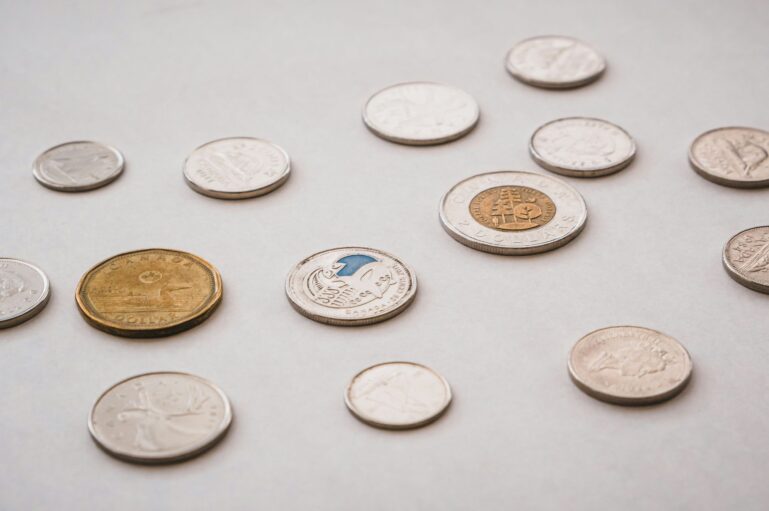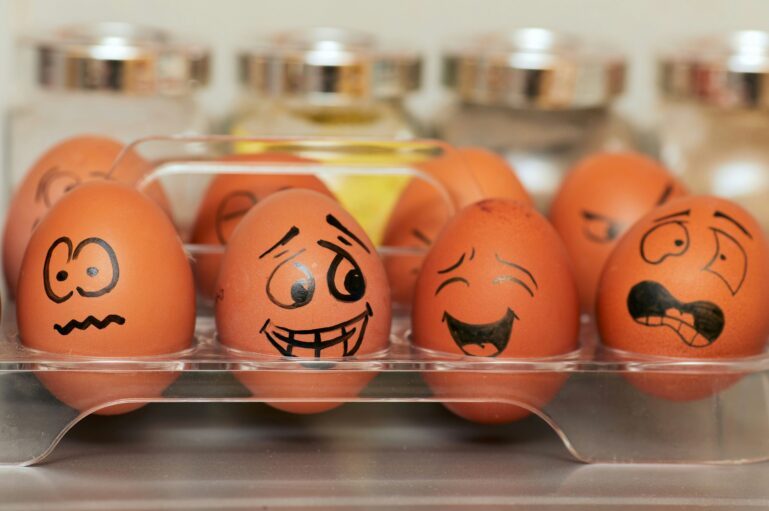“When eating fruit, think of the person who planted the tree” (Vietnamese Proverb)
Gratitude is a close companion to both integrity and humility. Gratitude without integrity is insincere flattery, while it takes humility to say ‘Thanks, I could not have done it without you’. Reasons and opportunities for gratitude abound., even in a harsh world. Yet, it is so easy to take the good things of life for granted. Dr Stephen R Covey notes: “Fish discover water last. They are so immersed in the element that they are unaware of it. So it is with many people who become so immersed in an abundance of blessings and opportunities that they are unaware of them until they stop, pause, and reflect and allow gratitude to emerge. Sadly, too often it takes the force of circumstance rather than the force of conscience to stir up our gratitude.”
Doris Cheney Whitehouse, a nurse, relates one of her experiences in this profession in this moving abridged story from Everyday Greatness (Readers Digest):
“I stood by Mr Ditto’s bedside at the hour of his death. He looked like a small black doll against the whiteness of the pillow, his old head almost buried in its deep folds. His pulse was barely perceptible, and I felt a strange awareness of a transformation taking place, as though by watching very closely I might be able to see his spirit soar like a newly hatched moth out of the withered husk that lay before me. At last, I heard the faint beginning of his final breath. He did not struggle, even in death, so that when it came it was gentle and easy, touched with contentment like a sigh.
The Rev William Howard sat by the bed, an open Bible resting lightly in the palm of one great hand. He closed it quietly, saying “Into Thy hands, O Merciful Saviour, we commend the soul of Thy servant”. After a moment, he touched my shoulder gently as though he understood the heaviness of my heart. “Rejoice and be exceeding glad,” he said, and turned and left the room, closing the door softly behind him.
Mr Ditto had been one of the first patients assigned to me that winter of 1947 when I took up my duties as a young nurse in the TB ward. An African American born of slave parents in New Orleans at the time of the Civil War, he had been orphaned at an early age and, with the emancipation, had been cast out into the world. Except for service in the Spanish-American War, he had lived his life from day to day, doing odd jobs for anyone who would hire him. Some years ago, he had come to Louisville. He had been ill for a long time and, when he was admitted to hospital, he was suffering from advanced pelvic tuberculosis. A great abscess had ruptured, leaving a draining sinus. The dreadful stench of it rose to meet me as I entered his room that first day. I wanted to turn and run away, and perhaps I might have done so had not something in Mr Ditto’s eyes reached out and held me.
“Good morning, Mr Ditto,” I said. “Are you ready for the morning’s activities?”
“Ah don’t know what they is, ma’am,” he said. “But if you think Ah need ‘em, Ah’s ready.”
I began with a bath and changing the sheets. The tiny body was so emaciated that it seemed almost weightless as I gently turned him on his side. His eyes bulged with pain, but he made no sound. I remember how my nausea rose when I removed the dressing, but a small voice saved me: “Ah don’t know how you stand it, ma’am! Ah can’t hardly stand it myself!” And he wrinkled up his face in such a comic grimace that I laughed out loud. When he heard my laughter, he laughed, too. We looked at each other helplessly, caught on a wave of preposterous mirth, and suddenly the air seemed fresher and the wound less offensive. The sight of it never bothered me again.
When I finally drew up the clean white sheet and folded it across his chest, his face still sparkled in reflection of our joke. “Ah sho’ do thank you, ma’am,” he said. “Ah’s feeling a whole heap better, and that’s the truth.” Then he reached out one bony hand, weak and trembling, and fumbled in the drawer of his bedside table. From it he extracted a shiny nickel and held it out to me. “It ain’t very much for all yo’ goodness,” he said, “but it’s a powerful cold day, an’ Ah just thought some good hot coffee might give you pleasure.”
The drawer was open, and I could see a number of nickels, perhaps twenty, scattered among his personal effects. This was all the money he had in the world. I should have accepted his offering at once. Instead, I reacted in haste. “Oh no, Mr Ditto,” I said. “I couldn’t take that. You save it for a rainy day.”
I saw the light go out of his eyes and all the shining, as a dark shadow fell across his face. “Ain’t never gonna rain no harder’n now,” he said.
Hearing the dull despair in his voice, I knew instantly what I had done. I had reduced him to an old, old man with nothing left to give, with nothing left to accomplish except dying. Quickly I said: “You know, Mr Ditto, I think you’re right. I can’t think of anything better than a cup of good hot coffee.” I took the nickel out of his hand and watched the light come back into his face.
In the days that followed, Mr Ditto grew steadily weaker, but every morning before I left the room, his old hand would grope for another nickel, and he would say: “It ain’t much for all yo’ goodness.” I watched the little pile of nickels slowly diminishing and prayed that Mr Ditto would not outlive his treasure. One day I saw that he was reaching for the very last nickel in the drawer. I guided his hand to it, fighting back the tears that had sprung to my eyes. He held the coin out to me, smiling the same sweet smile, mumbling the same familiar words of gratitude. Then I knew that he was wrapped in that gentle half-awareness that enfolds the dying. He was conscious only of the joy of giving. Silently I put the nickel back in the corner of the drawer.
He lived for two weeks after that. Every day after my care, he would murmur over and over again, “You an angel, ma’am, you just sure ‘nough angel.” Then I would know that it was time to take his hand in mine and guide it to the corner of the drawer. Every day he gave me the nickel and every day I put it back again.
That last day, Rev Howard came and read softly as one might read to a child who was falling asleep. After the chaplain had gone, I stood for a long time with the last treasured nickel in my hand. Finally, I put it with the rest of Mr Ditto’s things, tied them together in a sad little bundle and marked them with his name. Then I took them to the office, suggesting that they be turned over to Rev Howard. Later that afternoon before I went off duty, Rev Howard appeared in the ward. He looked at me and smiled. “It seems that Mr Ditto left a small estate,” he said. “I think he would want you to have it.” He took the nickel out of his pocket and pressed it into my hand.
This time I accepted it instantly. For, remembering the light in Mr Ditto’s eyes, I suddenly knew the meaning of his gift. Over and over again I had received it in grief, thinking it a mark of his poverty. Now for the first time I saw it as it really was: a shining symbol of some boundless wealth which I had never dreamed existed. In that one bright moment, all sorrow was dispelled, all pity vanished. My poor little Mr Ditto had been rich beyond belief. In his vast estate were all the patience, faith, and love a human heart can hold.
I went to the hospital canteen and bought a cup of coffee. There was a vacant table by the window, and I sat down. It was almost dark. A tiny evening star twinkled prematurely in the sky. I lifted the steaming coffee to my lips and proposed a silent toast: “To Mr Ditto, who shall inherit the earth.” Then I drank deeply of the cup.”
While reading this story, you can almost hear the day-to-day silence that filled Mr Ditto’s room. As Dr Stephen R Covey notes about the story: “With doors shut and no family or acquaintances around, the silence was only broken by those few occasions when the nurse entered. But even then, the only noise you could hear was the sound of gratitude that the nurse and Mr Ditto expressed and received from one another. And even those expressions were relatively quiet. For many of the deepest expressions of gratitude are softly spoken – not a lot of drums, not a lot of fanfare. Instead, they are gentle but sincere ‘thank you’s’ spoken audibly, sent by a smile, or placed in a note.”










